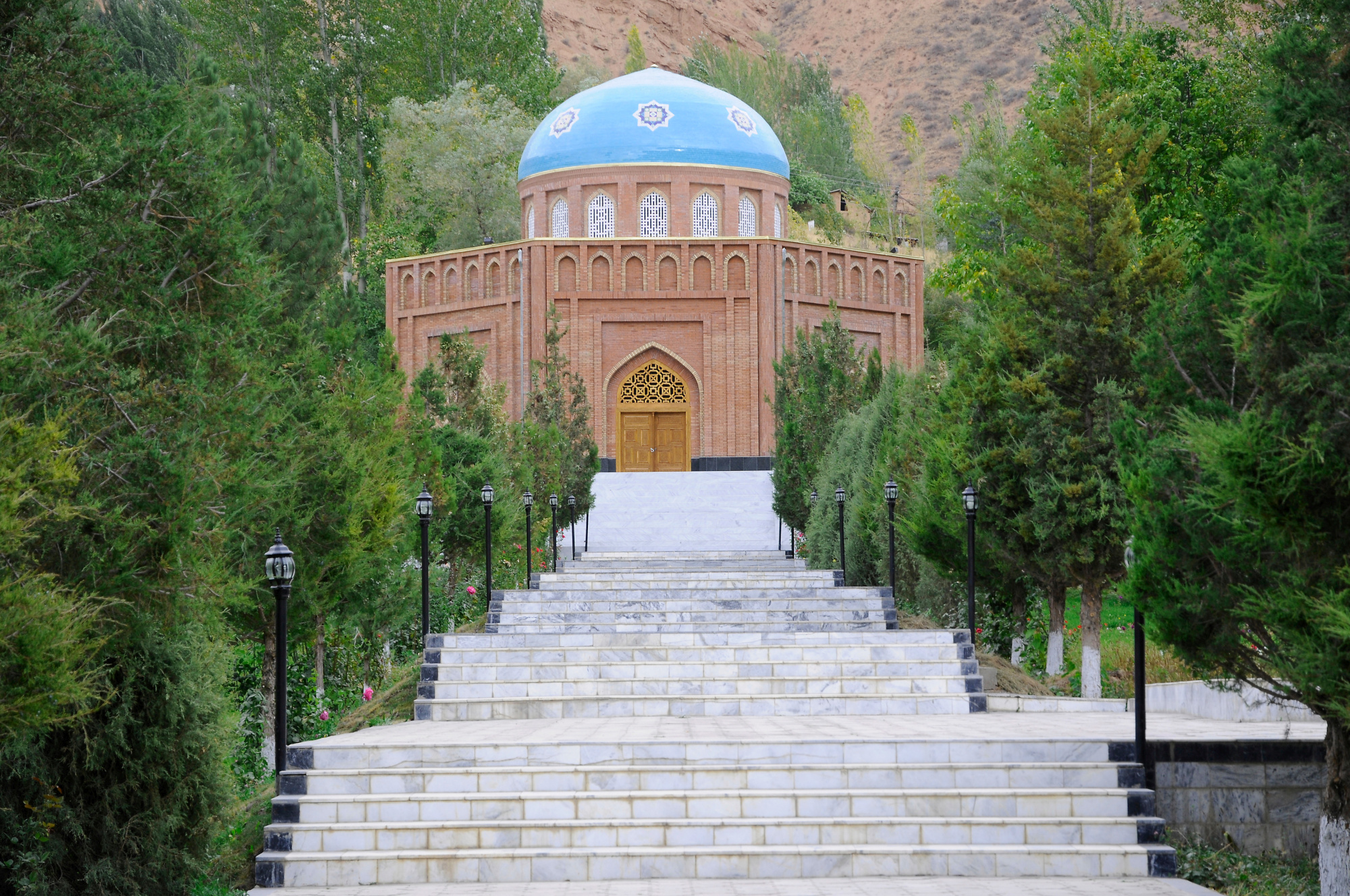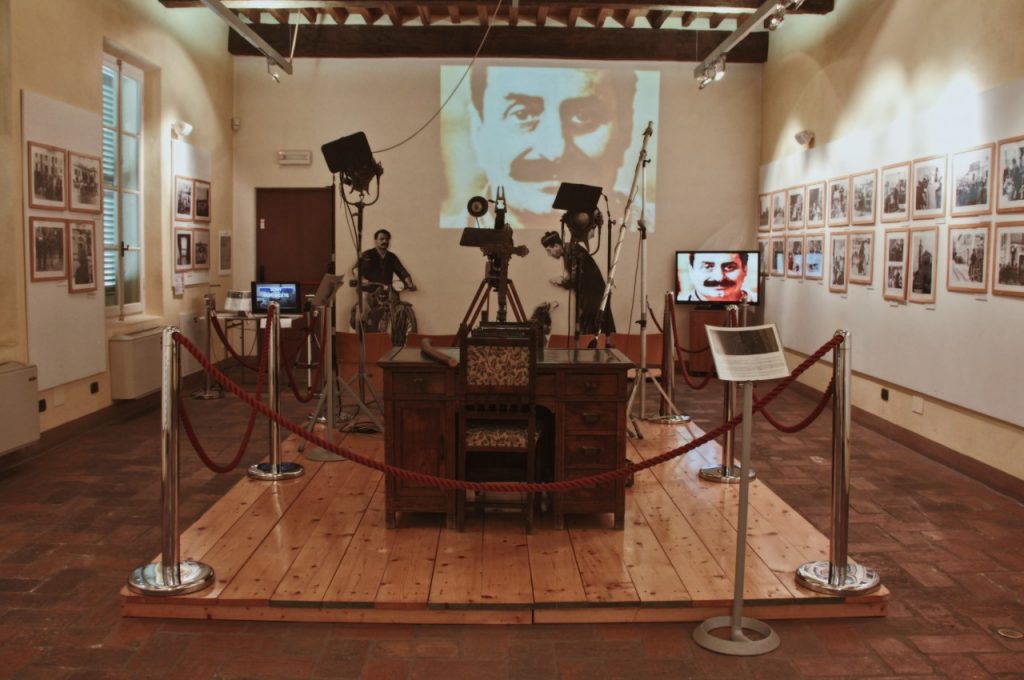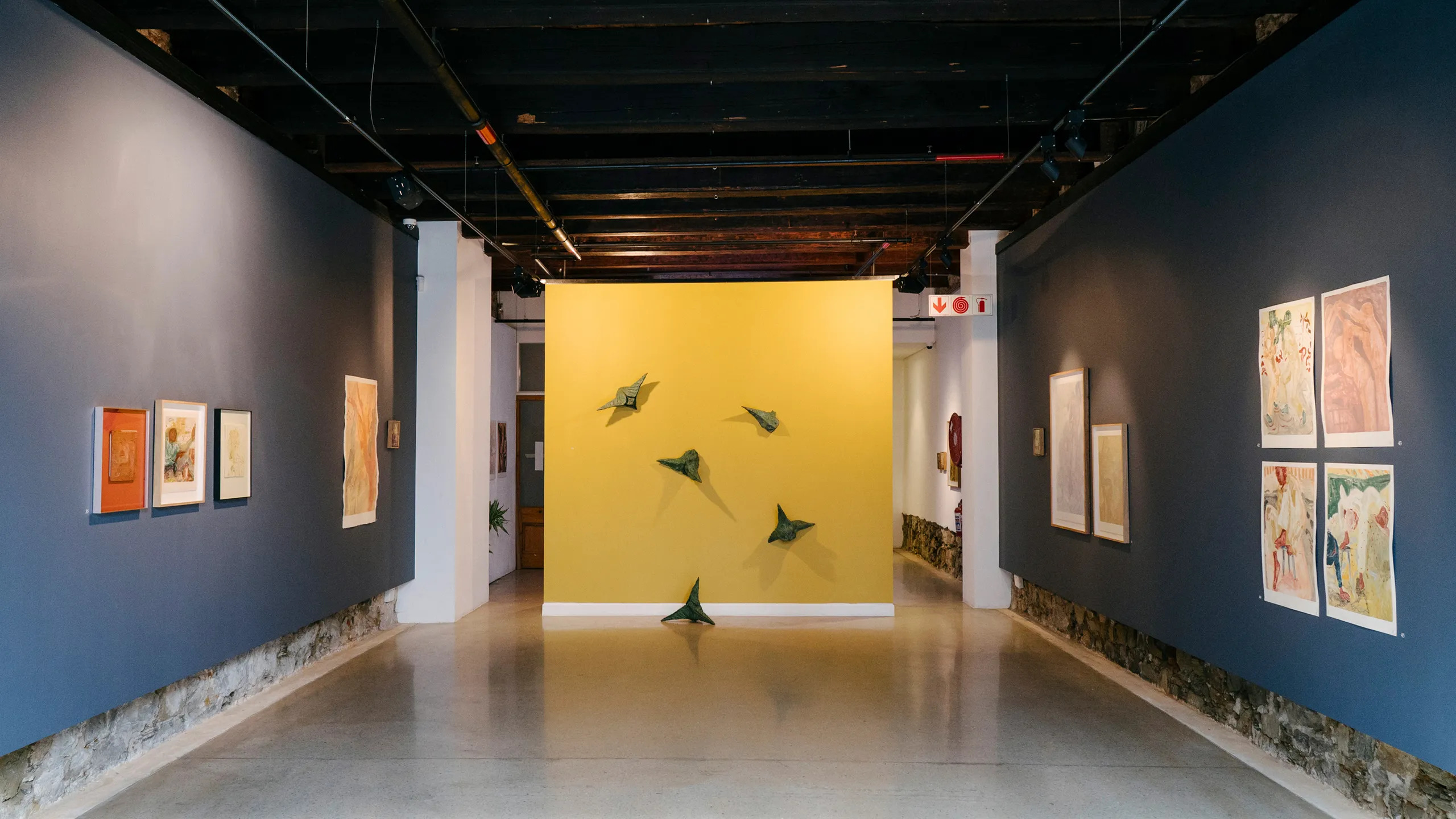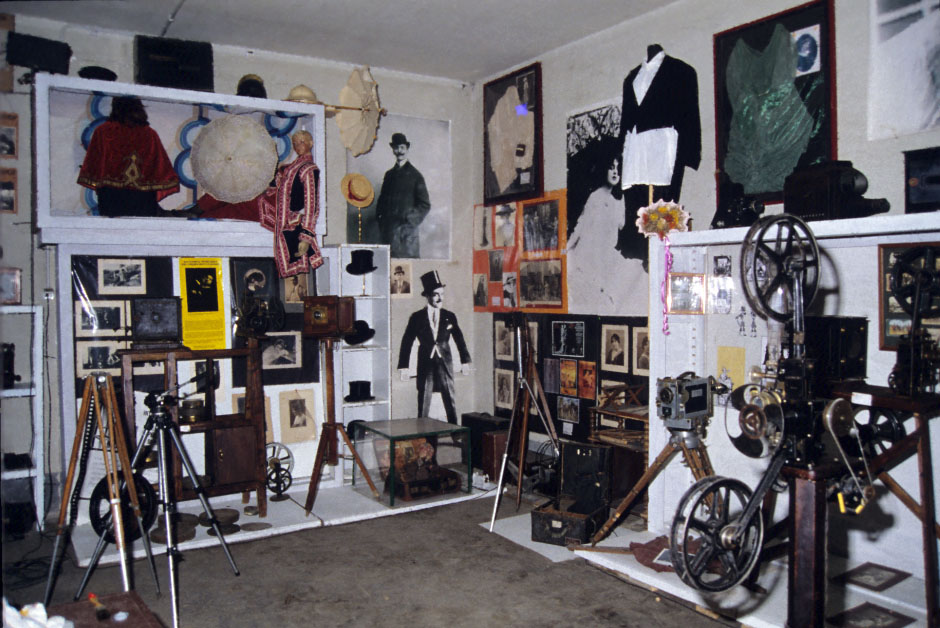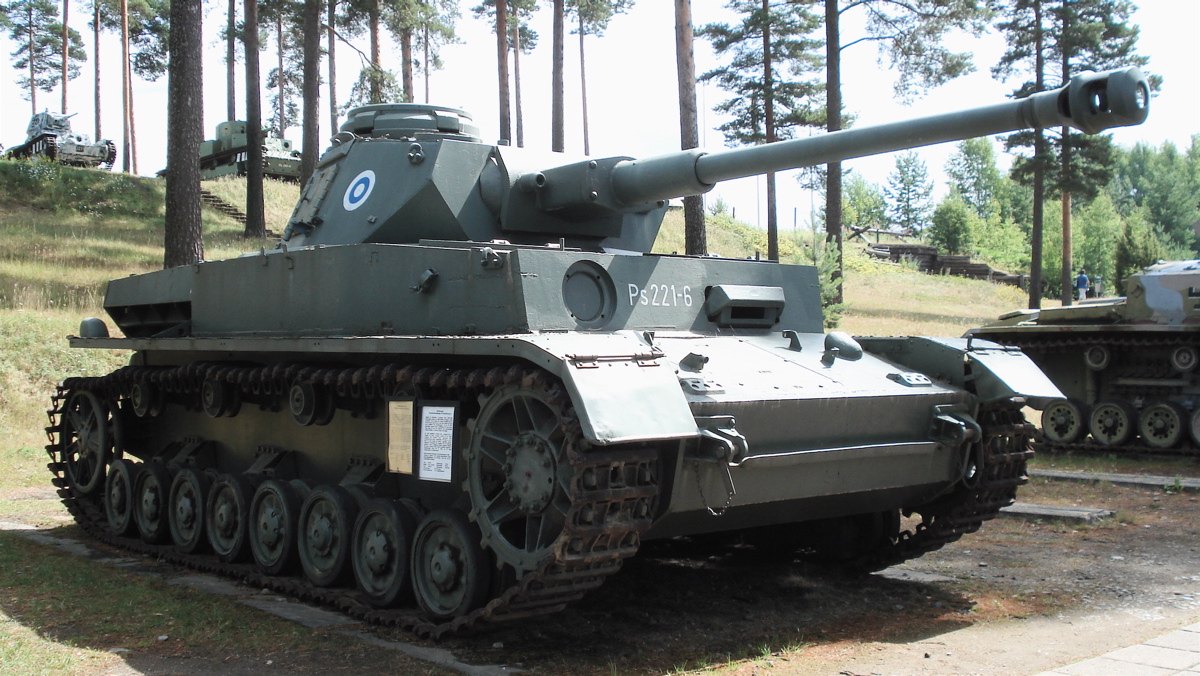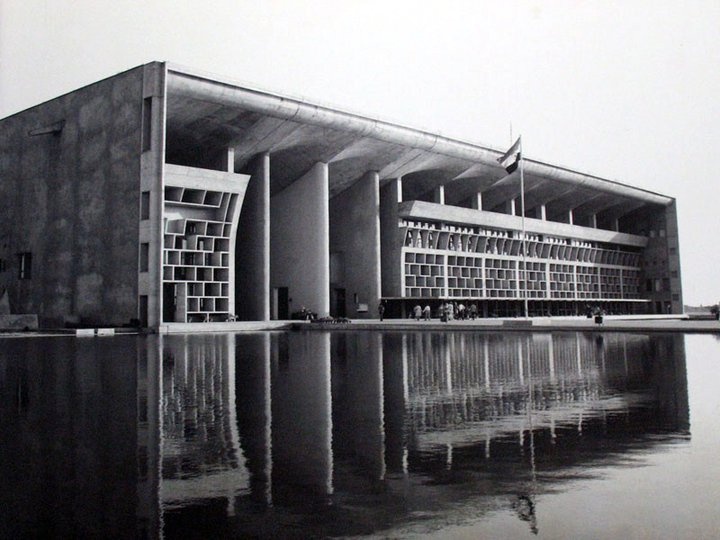Abu Abdulloh Rudaki is the founder of classic Tajik poetry, lived in the late 9th – early 10th centuries during the Samanid dynasty. He wrote his famous odes and poems in Dari, the classical Persian language. A talented singer and musician Rudaki was invited by Nasr II bin Ahmad Somoni (914-943) to Bukhara, where he spent most of his life until 937 when he lost his patronage.
Apart from his own poetical works, Rudaki also made an important contribution to literature by translating the Indian cycle of didactic short stories "Kalila and Dim-na" from Arabic into Dari. He spent his last days in poverty and died in 941 in Panjrud – his home village. Much about the poet’s life remains unknown, but however during the excavations and was established that Rudaki died being blind.In 1958 a mausoleum was erected at the poet’s burial place, which can be seen when visiting Panjrud village near Panjakent. The Rudaki monument decorates the capital of the country – Dushanbe and is situated near the building of the Tajik Agrarian University.
